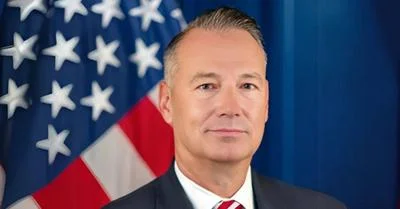Mayor Lori Lightfoot | Facebook
Mayor Lori Lightfoot | Facebook
Chicago Mayor Lori Lightfoot’s new $16.7 billion budget proposal is facing across-the-board resistance, especially when it comes to an expected property tax increase.
“I’m not going to vote against my constituents,” progressive 20th Ward Ald. Jeanette Taylor told WBEZ. “The median income in my ward is $25,000. I’m not going to vote to raise property taxes. We had an opportunity to do something right and again it’s crumbs and cakes.”
Added 23rd Ward Ald. Silvana Tabares “how are we going to continue raising property taxes in a pandemic year?” I don’t want to raise taxes on the backs of homeowners, like those in my ward.”
With the Chicago City Council passing the mayor’s proposal largely on the strength of nearly $2 billion in federal stimulus funding, residents owning property valued on average of $250,000 can also expect to pay in the neighborhood of $38 more next year.
Even as the plan erases the city’s $733 million budget deficit and includes sweeteners in the form of progressive programs that increase spending on social services like mental health, housing and environmental initiatives, some members of the progressive and Democratic caucuses rejected it on the grounds it doesn’t go far enough in sending money directly to communities.
The council also green-lit a $76.5 million increase to the property tax levy, including a $23 million increase tied to inflation, and roughly $25 million set aside to pay back money borrowed for repaving the city’s deteriorating bridges, roads and sidewalks, and $28.6 million.
In pushing aldermen last year to link annual property tax increases to the rate of inflation, Lightfoot insisted it would give the city and its taxpayers a degree of certainty while freeing council members from needing to enact huge, unpopular hikes. Yet, the tax hike tied to the new budget exceeds the cost-of-living increase pegged for the city by about 55% given the administration’s decision to calculate the tax hike using a nationwide consumer price index from the Bureau of Labor Statistics as opposed to the one the federal agency maintains solely for the Chicago area.






 Alerts Sign-up
Alerts Sign-up